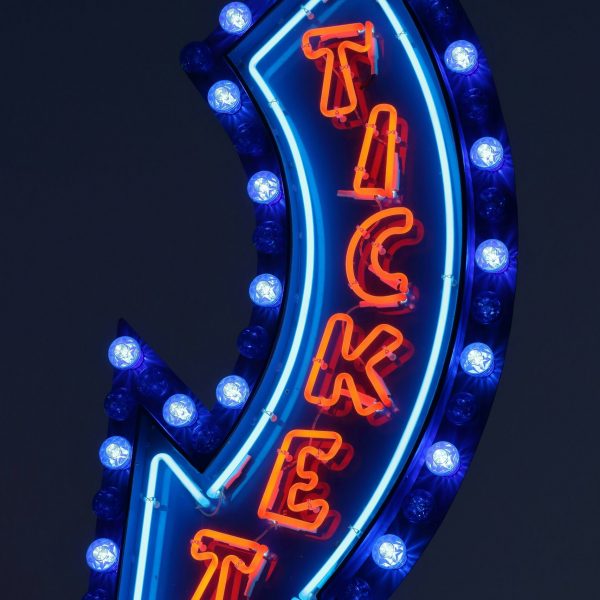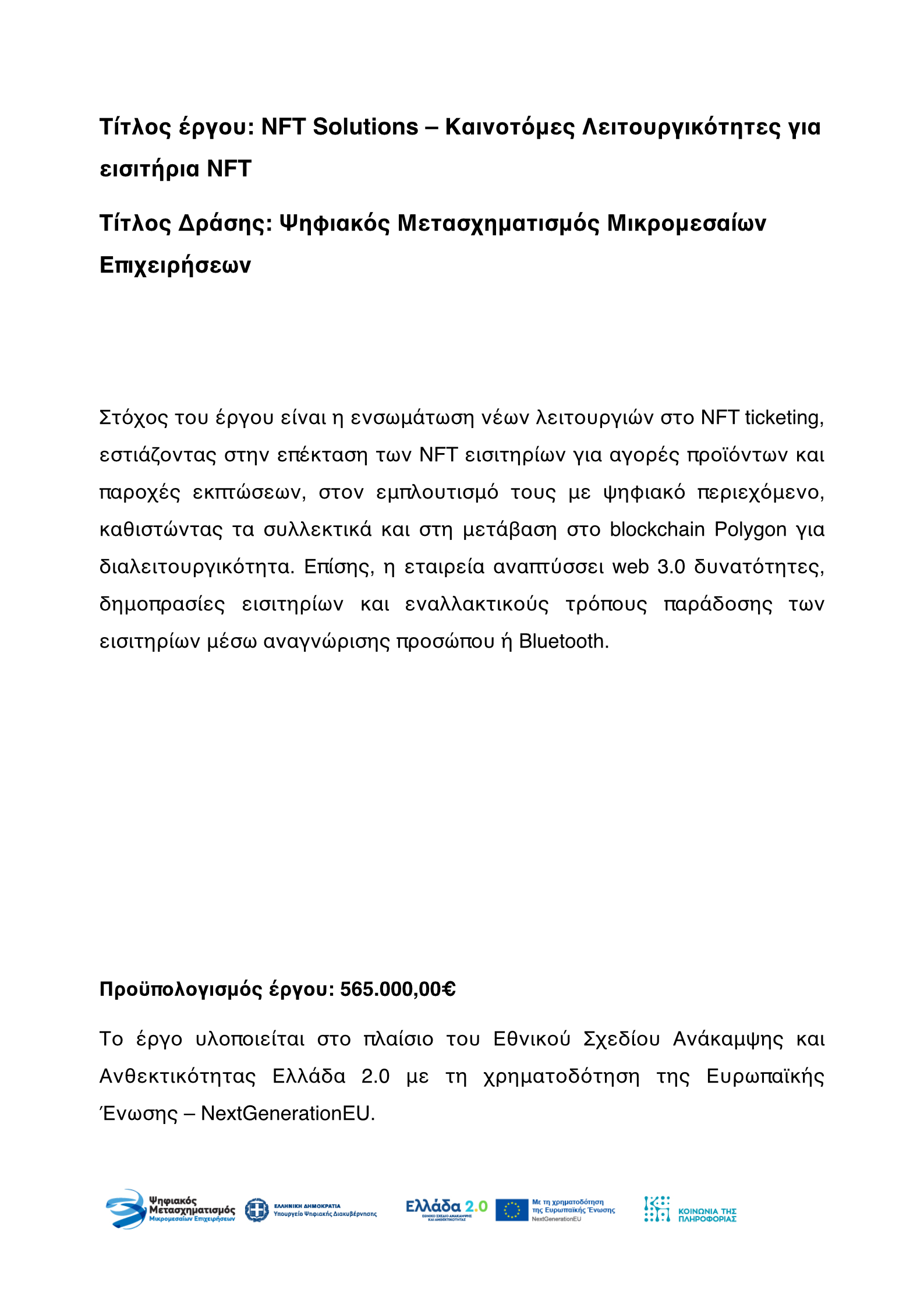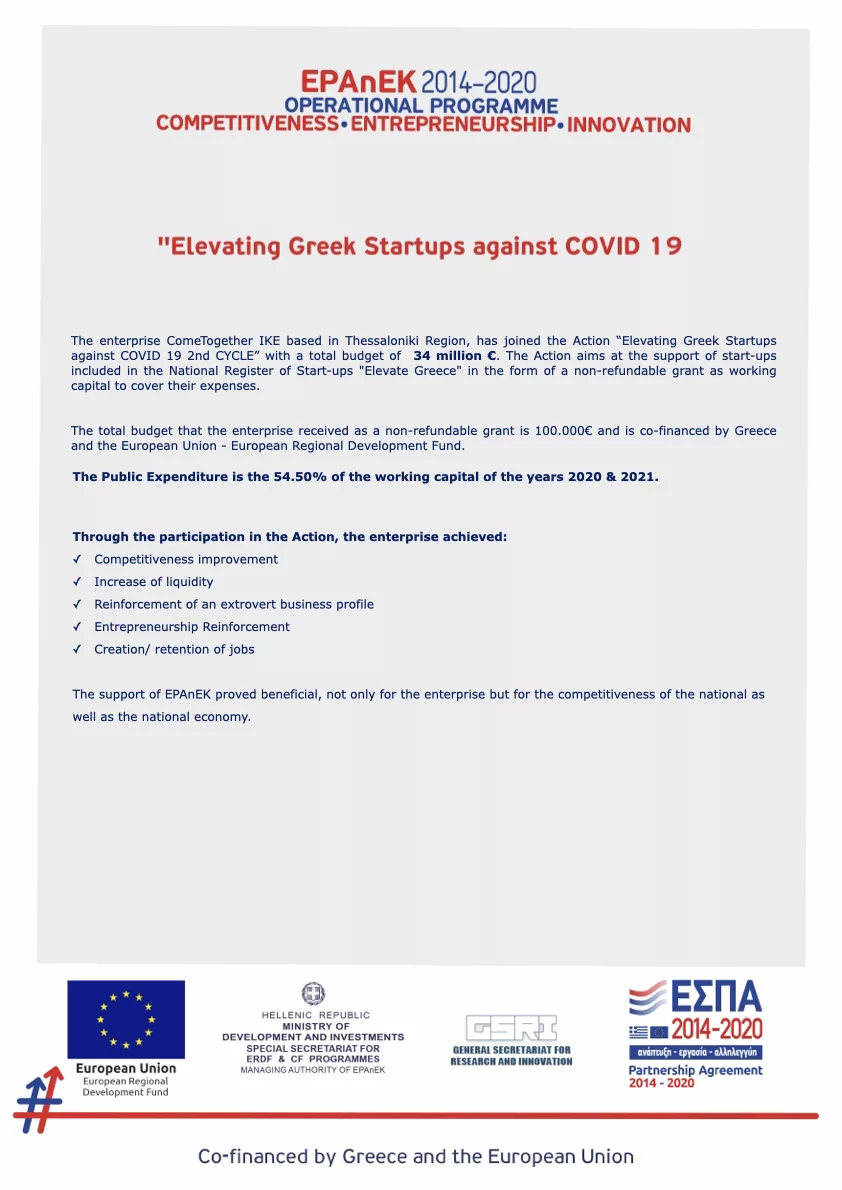You’ve spent months, maybe even a year, meticulously planning your event. You’ve curated the perfect lineup, secured the ideal venue, and crafted a brand identity that resonates with your target audience. Your social media is buzzing, your posters are plastered across the city, and the excitement is palpable. It’s time to open the box office. So you direct your eager fans to a link, and suddenly, they’re gone.
They land on a page with a different logo, a jarring color scheme, and a user interface you have no control over. The seamless brand experience you worked so hard to build shatters in an instant. They are prompted to create an account with this third-party company, and on their journey to checkout, they’re bombarded with ads for other, competing events. When they finally buy, the confirmation email comes from a brand that isn’t yours. You made the sale, but you lost the customer experience and damaged your brand’s integrity. This disjointed process is the standard for countless event organizers, but it doesn’t have to be. The alternative is white-label ticketing, and it’s one of the most powerful strategic assets you can have.



















